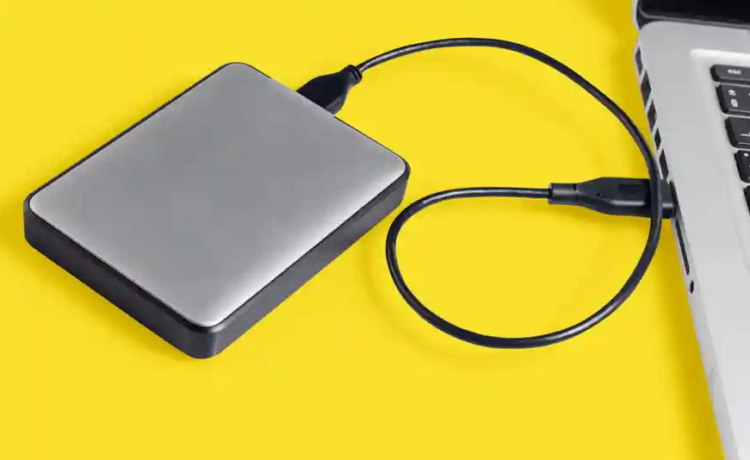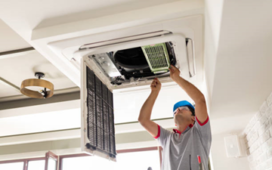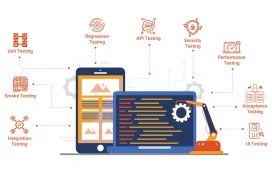How much volume will be enough, what characteristics should you pay attention to? More about this in our selection guide.
The hard disk is the most popular storage device today. Its main advantages over competitors are: large capacity and low price. While fast SSDs are on the offensive, they are still too expensive for large volumes. Therefore, it is too early to write off traditional hard drives. We will tell you what you should pay attention to when choosing them.
Is the manufacturer important?
Previously, information was not so readily available, and gadget manufacturing technologies could vary greatly from company to company. In the modern world, brands compete closely with each other and produce products with similar parameters. Therefore, in our opinion, it is not so important which manufacturer you choose: Seagate, WD, Toshiba. We have experience in operating discs of different brands, everyone had failures, but we find it difficult to single out an outsider.
Form Factor
There are few options – 2.5 and 3.5 inches. Laptop owners simply have no choice: as a rule, only 2.5-inch hard drives are suitable for laptops. In theory, you can install any in a PC, but again, most often these hard drives are 3.5 inches. If only because, in terms of memory unit, they are usually cheaper than 2.5-inch ones.
Interface
Almost all modern HDDs have a SATA interface. The only difference is in the release version – there are only three of them, 1.5, 3 and 6 Gb / s. The versions are backward compatible, that is, a SATA 6 Gb / s hard drive can work in devices for all other releases, but not vice versa. As you might guess, the disk bandwidth depends on the release. If your motherboard supports SATA 6 Gb / s, you don’t have to look at all the others – take this version.
Capacity
Perhaps, it is from this parameter that it is worth starting from. 500 GB and 1 TB drives are suitable mainly for office computers. If you are an active user, regularly download movies and install games, we would recommend paying attention to models with a volume of 2 TB or more. Why not 1? It’s simple: some modern AAA games take 200-250 GB each. 4 games and the hard drive is full.
In the current realities, the trend of increasing the occupied space on the hard disk will not disappear anywhere and in the coming years will only accelerate its pace. Graphics get better, resolutions get higher, game worlds get bigger. Hence, it turns out that a terabyte is eaten by literally a couple of projects.
If it comes to storing data (for example, backups or archives of professional photo and video filming), take a HDD with at least 4 TB. Options from 6 TB are still expensive (in terms of 1 TB of memory).
Spindle speed
This is the main parameter that maximally affects the speed of the hard drive. Today, two main types of HDD can be distinguished: with a spindle rotation speed of 5400 and 7200 rpm. There are models up to 15,000 rpm, but they are very expensive and rare. So it is these hard drives that go beyond home use.
We recommend taking discs with a speed of 7200 rpm, because they are on average 1.5 times faster than 5400 rpm. However, 5400 RPM will work better in a laptop because it generates less heat and less vibration. And HDDs with low speed are considered more reliable due to less wear and tear on components.
Specialization
It seems that all hard drives are the same, that is, they are suitable for recording any data. But there are also specialized solutions – in particular, for use in video surveillance systems, servers, RAID arrays. How are they different from “regular” hard drives? Readiness for specific working conditions. For example, HDDs for video surveillance are designed for round-the-clock operation with constant load. As a rule, they are more reliable and last longer.
Cache size
Many users think that the speed of the hard drive depends solely on the size of the cache of the 1st level, but this is not the case. Speed indicators are the cumulative result of many parameters. The cache is just a small section with a high data transfer rate. Yes, it really speeds up the HDD, but only slightly and not in all operations.
Therefore, you should not focus on the cache size in the first place. In general, the more the better, but sometimes the size of the cache depends on the size of the hard drive. And also an important role is played by software optimization, information about which is almost impossible to find. Often, HDDs with a large buffer are referred to server solutions, which at the same time can be inferior to similar models in terms of speed.







